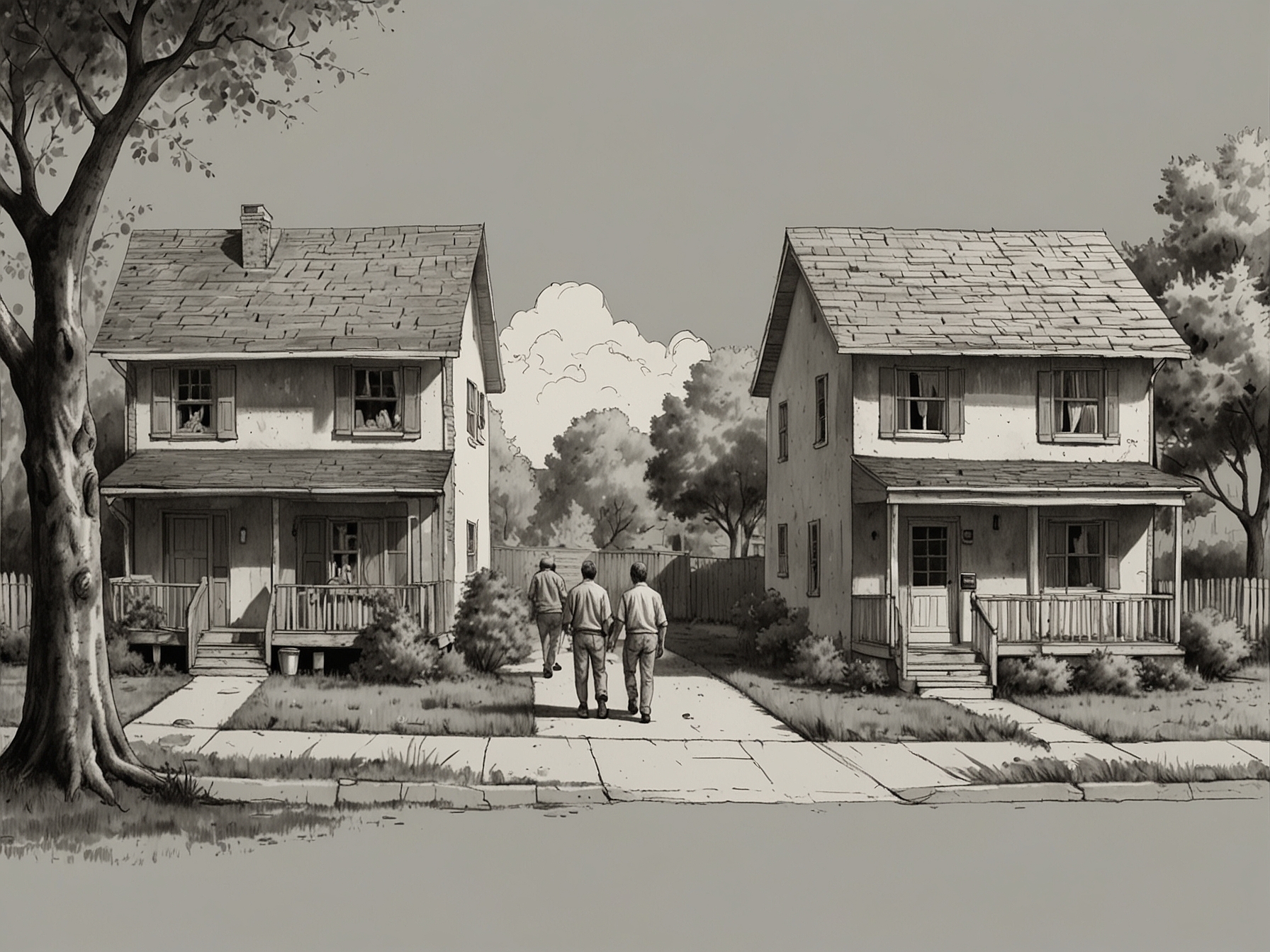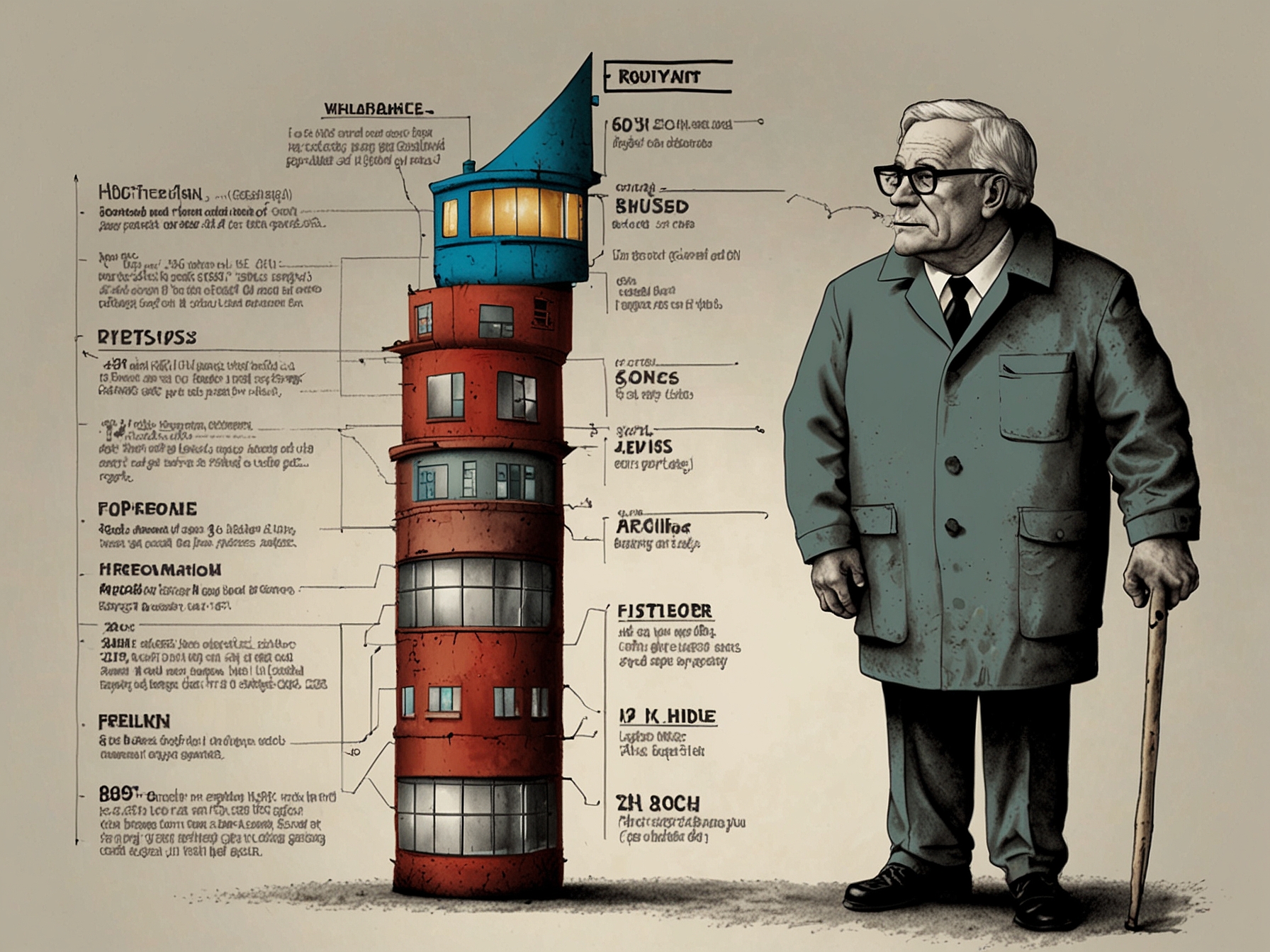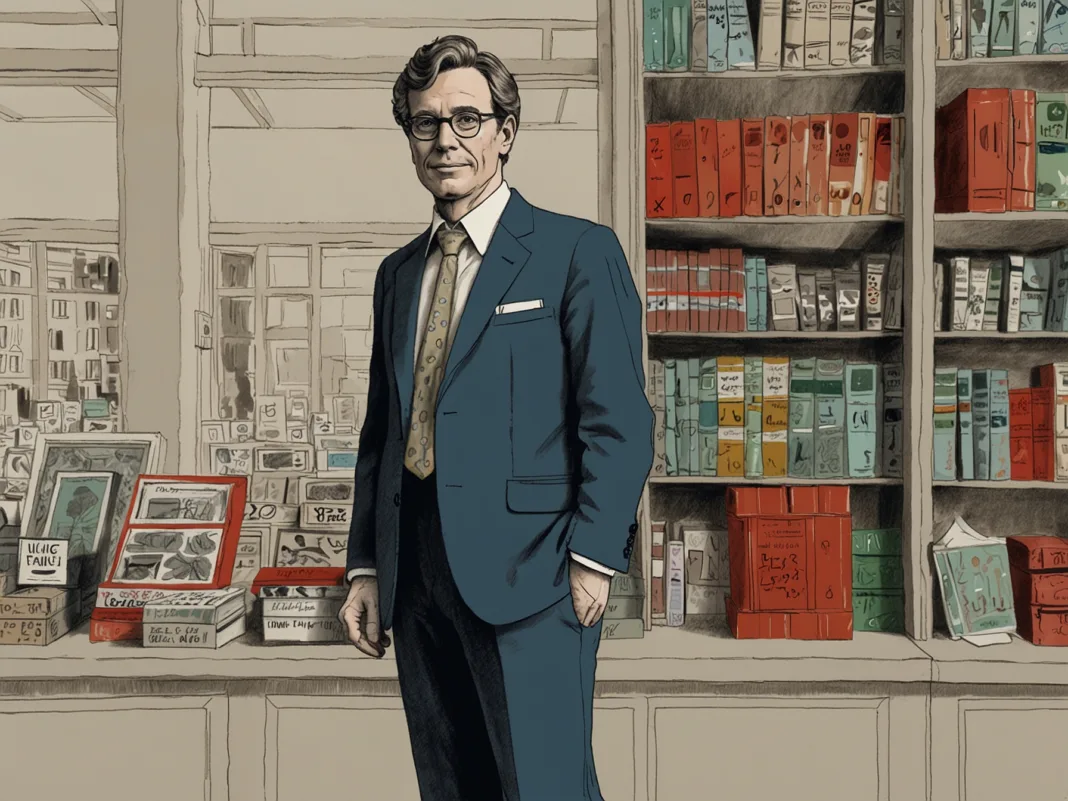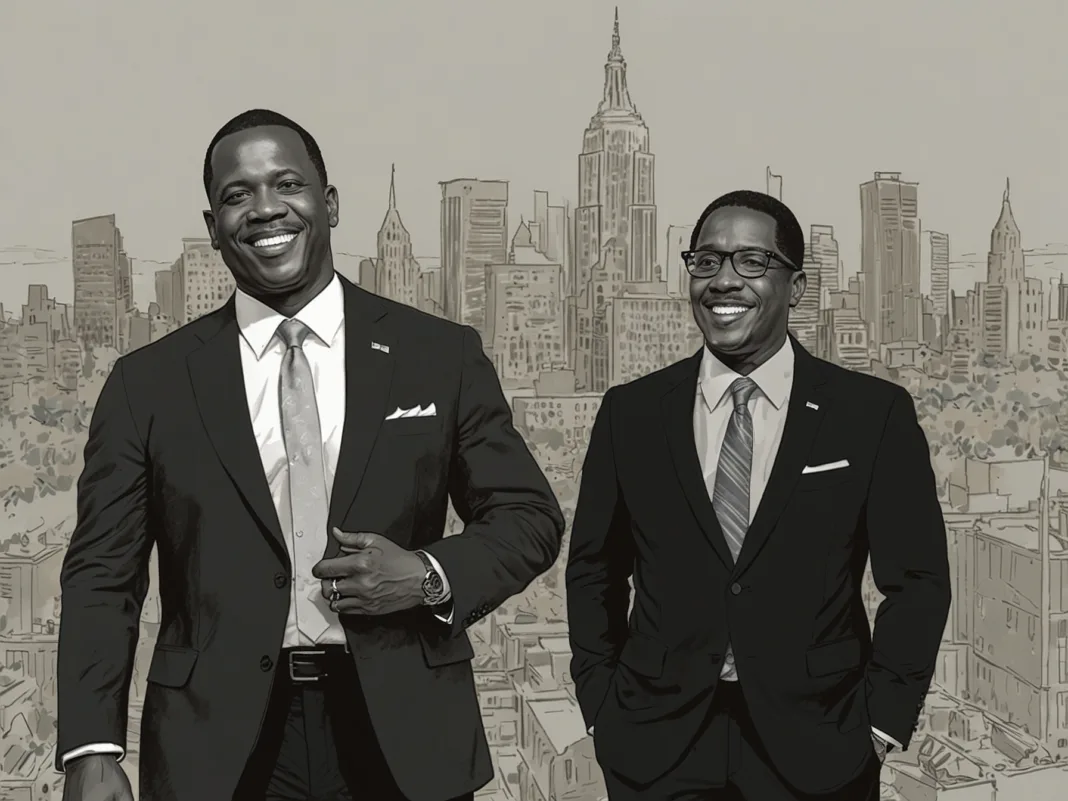Inflation has become a buzzword in today’s economic discourse. From grocery store prices to housing markets, it seems everything is going up. The current economic challenges are making many wonder: were we actually better off 50 years ago? To explore this question, we need to understand what inflation is, its causes, and how it has affected different generations over the past five decades.

© FNEWS.AI – Images created and owned by Fnews.AI, any use beyond the permitted scope requires written consent from Fnews.AI
Inflation is the rate at which the general level of prices for goods and services rises, eroding purchasing power. When inflation rates accelerate, each unit of currency buys fewer goods and services. This phenomenon has been particularly distressing for the middle class, which is often described as ‘squeezed.’ As wages stagnate and the cost of living skyrockets, the middle class experiences diminished financial security and decreased quality of life.
Fifty years ago, the global economy was vastly different. In the early 1970s, technology was not as advanced, and globalization hadn’t yet tied the world’s economies as closely as they are today. The 1970s saw considerable inflation mostly due to the oil crisis, but the economic landscape allowed for relatively easier adjustments. Many argue that back then, despite some financial challenges, a single income could support a family, housing was more affordable, and there was less reliance on credit.

© FNEWS.AI – Images created and owned by Fnews.AI, any use beyond the permitted scope requires written consent from Fnews.AI
Nowadays, dual-income households are often a necessity to maintain a similar standard of living. The cost of essentials like education, housing, and healthcare has risen dramatically, outpacing wage growth. With rising student debt and housing markets becoming increasingly inaccessible, younger generations find themselves struggling to achieve the financial milestones that their parents reached with less difficulty.
However, comparing two different eras directly can be misleading. While inflation’s impact on purchasing power is clear, advancements in technology, medicine, and overall quality of life must also be considered. The availability of information, improvement in healthcare, and the convenience of modern technology have undeniably enhanced living standards in ways that weren’t available in the 1970s. Furthermore, globalization has opened up unprecedented opportunities for travel, employment, and cultural exchange.
One significant factor often overlooked in this debate is the role of governmental policies. Economic policies drastically shape the environment in which inflation occurs. For example, monetary policies that control interest rates and money supply play crucial roles in either mitigating or exacerbating inflation. The 1970s faced high inflation largely due to the oil supply shocks and poor monetary policies, while today’s inflation is influenced by a complex mix of supply chain disruptions, fiscal stimulus, and geopolitical tensions.
There is also the question of wealth distribution. Wealth inequality has grown substantially since the 1970s. The economic gains from increased productivity and technological advancements have disproportionately benefited the wealthy, while the middle and lower classes have struggled to keep pace. This disparity increases the feeling of being worse off, as even if the overall economy grows, the benefits are not evenly distributed.
Some argue that middle-class angst is due to unmet expectations. The idea of upward mobility, once a core component of the middle-class dream, seems increasingly out of reach. Where previous generations saw a clear path to homeownership, stable employment, and retirement security, today’s middle class often sees uncertainty and instability. This divergence between expectations and reality exacerbates the sense of economic dissatisfaction.
Inflation undeniably plays a significant role in this current economic dissatisfaction. Rising prices erode savings and make it more difficult for middle-class families to plan for the future. Investments that were once considered safe, such as savings accounts and government bonds, no longer offer returns that keep up with inflation. As a result, individuals must seek riskier investment opportunities to preserve their wealth, which not everyone is equipped or inclined to do.
In summary, the question of whether we were better off 50 years ago is complex. Adjusting for inflation shows that certain aspects of living, particularly in terms of financial stability for the middle class, may have been better in the past. However, significant advancements in other areas cannot be ignored. The perception of being better off is influenced by a combination of economic realities and societal expectations. While inflation is undoubtedly a crucial factor, it is just one piece of a larger puzzle that includes technology, policy, and global dynamics. Addressing the middle-class angst requires comprehensive solutions that take all these factors into account.
Was this content helpful to you?





